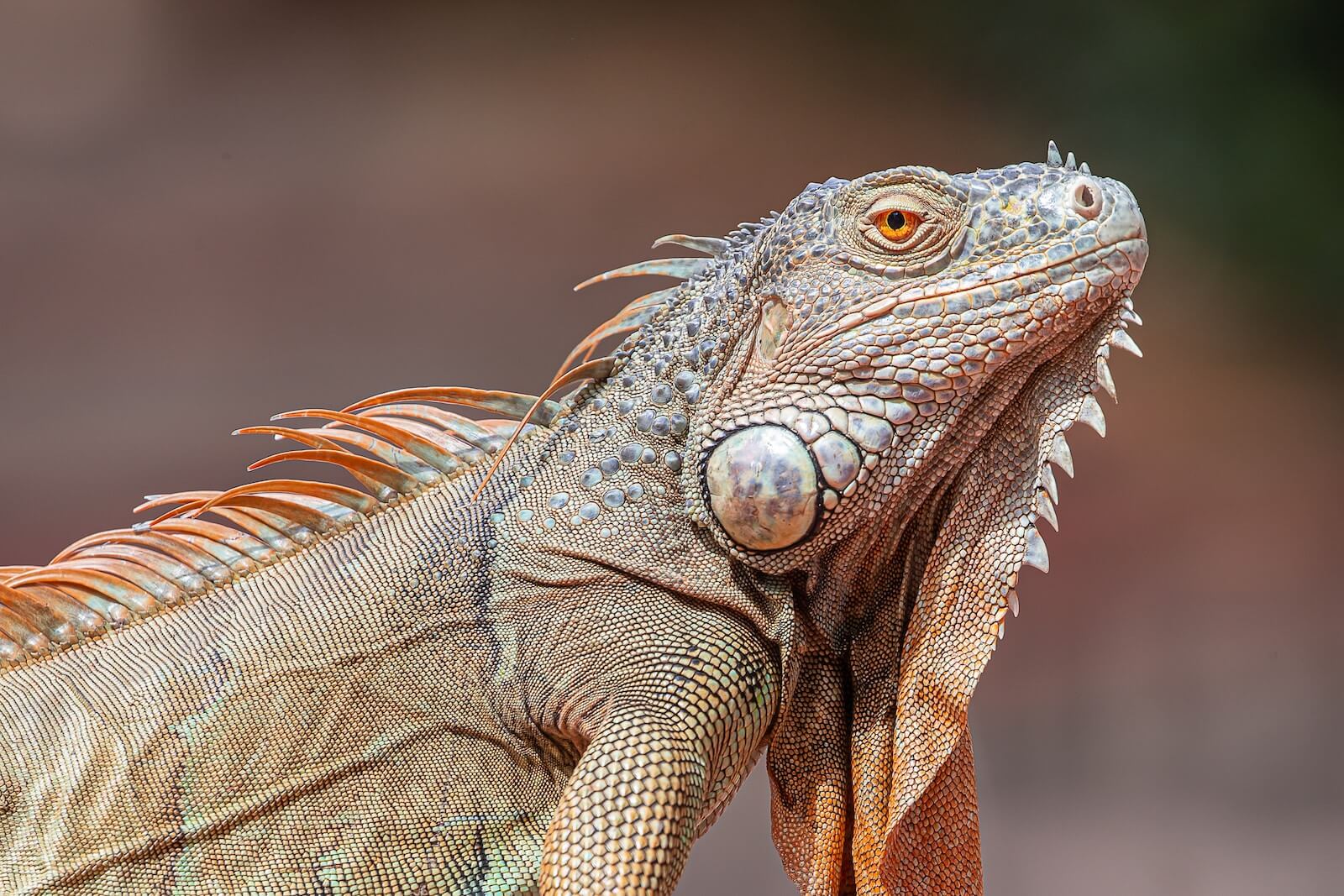Iguana steals a toddler's cake, leaves her with a rare bacteria ... - Study Finds
COPENHAGEN, Denmark — Sometimes reality (and science) is stranger than fiction. Reptiles don't usually have a sweet tooth, but one iguana's hunger for some cake has resulted in the first documented bacterial infection in a human thanks to its bite.
Researchers report that a three-year-old girl was infected with Mycobacterium marinum, a germ which can cause a tuberculosis-like illness in fish, while on vacation in Costa Rica. The child was sitting on the beach enjoying cake when the iguana quickly ran up and bit her on the back of her left hand before snatching the cake and running away.
Scientists say this is the first ever case of M. marinum infection following an iguana bite on record. M. marinum is a ubiquitous, non-tuberculous mycobacterium that usually results in illness in fish. On rare occasions, it can infect humans through skin wounds which come into contact with contaminated fresh or salt water.
The child immediately went to a local medical facility, where doctors found a single, superficial wound on the back of the metacarpal bone of her middle finger. After disinfecting the wound, the child received five days' worth of amoxicillin antibiotics for potential salmonella exposure (common after reptile bites). The wound healed quickly after that without any issues.
The infection didn't go away
Five months later, however, her parents noted a small bump on the back of her left hand that was gradually growing larger. Eventually, the skin became red and mildly painful over the next three months.
When the parents brought the toddler to the hospital at Stanford Children's Health, an ultrasound revealed a mass consistent with a ganglion cyst — a fluid-filled lump. Puzzlingly, though, the location and symptoms were not in line with this. Then, the orthopedic surgeon who removed the two-centimeter-thick mass noticed a discharge of pus from the wound, indicating an active infection.
A histological examination revealed extensive tissue death and necrotizing granulomatous inflammation (an area of inflammation where tissue has died). Moreover, cultures yielded a pure growth of M. marinum. Since M. marinum is resistant to common antibiotics including amoxicillin, the girl received both rifampin and clarithromycin. She responded well to the therapy.

Even pet reptiles can carry this bacteria
While it's well documented that certain organisms can cause infections after dog or cat bites, the microbiological cause of infected wounds secondary to iguana bites is limited to just a few case reports, with Serratia marcescens and Staphylococcus aureus being the most common. However, Salmonella enterica is also possible, since 75 to 90 percent of both wild and captive reptiles (including snakes, turtles, and iguanas) carry these bacteria.
Numerous studies have shown that even domestic reptiles carry non-tuberculous mycobacteria (NTM) given their abundance in fresh and salt water.
"M. marinum prefers lower temperatures (30◦C) for optimal growth, and it's highly likely that the cold-blooded iguana, with body temperatures ranging from 22-37◦C, may sustain these microbes as reservoirs," explains lead author Dr. Jordan Mah from Stanford University School of Medicine, in a media release.
"The bite resulted in colonization by a bacterium rarely found in humans, and demonstrates that iguanas may be carriers of harmful bacteria capable of producing severe infections. This may help inform health care professionals of less commonly known bacterial infections following unusual zoonotic exposures," he concludes.
Researchers will be presenting these findings at the European Congress of Clinical Microbiology & Infectious Diseases (ECCMID 2023).

Comments
Post a Comment